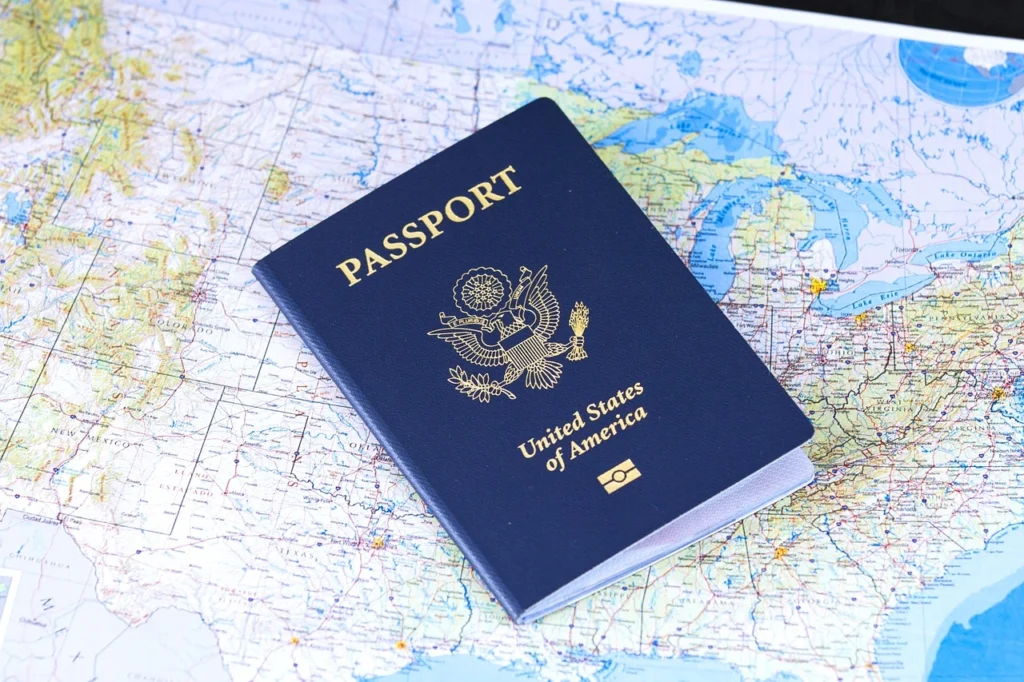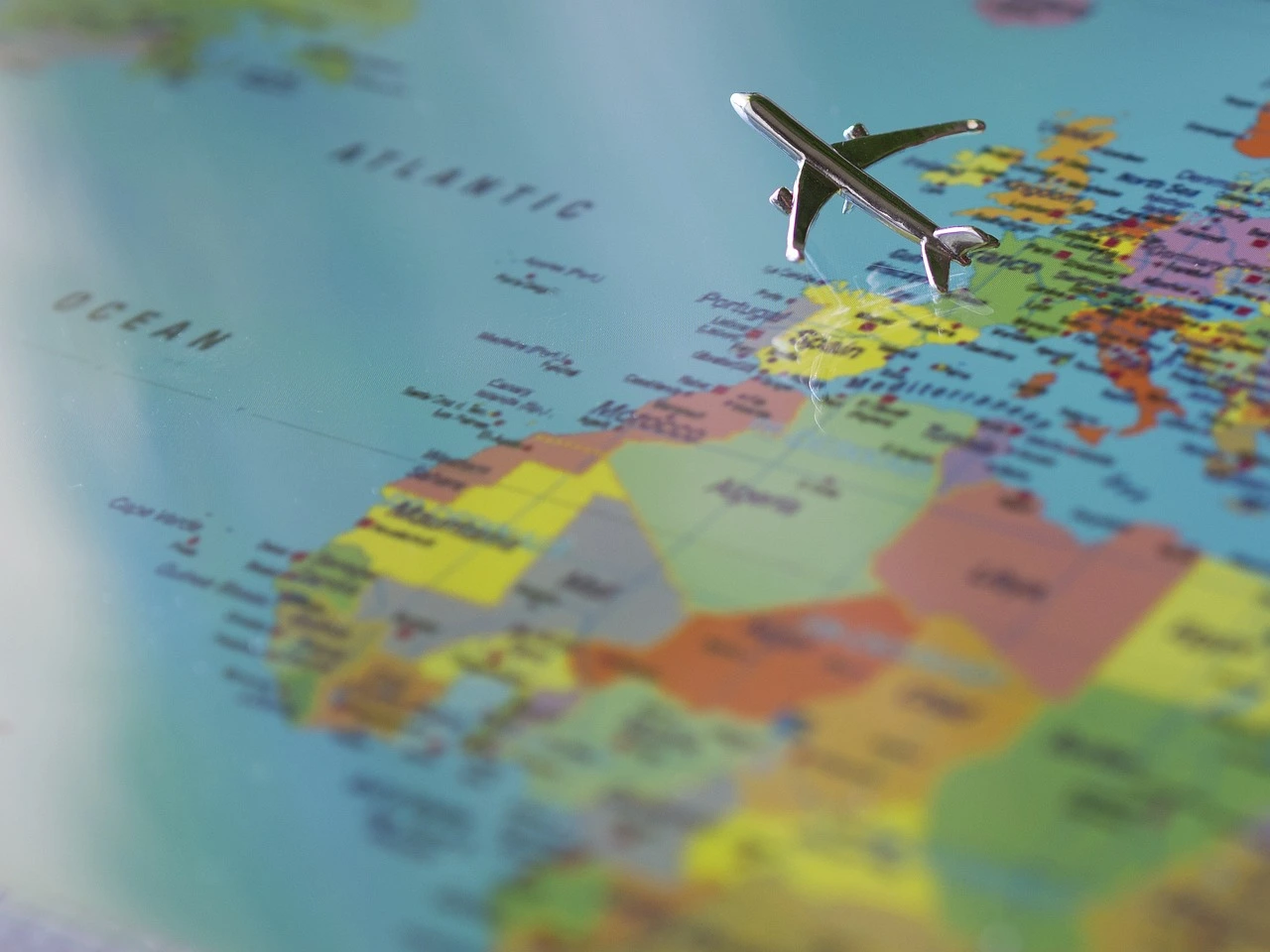Introduction: The Intersection of Tourism and International Law
Tourism is an extraordinary way to explore new places, meet diverse cultures, and experience adventures that expand your perspective. But when you embark on an international journey, have you ever thought about the legal framework that governs your travels? It’s more than just passport stamps and visas. Whether you’re planning your next big vacation or handling business abroad, international law on tourism plays a critical role in protecting your rights, ensuring safety, and promoting sustainable practices. This guide will walk you through everything you need to know about the laws that shape tourism across borders.
What is International Law on Tourism?
Defining International Tourism Law
In simple terms, international law on tourism encompasses the set of legal rules, agreements, and regulations that govern the travel of people between countries for leisure, business, or other purposes. These laws are designed to protect tourists, preserve destinations, and promote fair practices globally. They ensure that when you hop on a plane to a foreign land, your rights as a tourist are respected, your safety is prioritized, and your impact on the environment and local communities is carefully managed.

Key International Organizations Shaping Tourism Law
Several global organizations are responsible for creating, maintaining, and enforcing tourism laws that affect how you travel:
- (WTO): the World Tourism Organization is at the forefront of promoting responsible and sustainable tourism. They create global standards and provide guidance on best practices for governments and tourism operators alike.
- International Air Transport Association (IATA): IATA is essential in regulating air travel. Their policies ensure that air transport is safe, secure, and efficient, protecting both airlines and passengers.
- International Civil Aviation Organization (ICAO): ICAO sets international rules for aviation safety and security, making sure that air travel between nations is both safe and standardized.
These organizations work together to ensure that tourism benefits both travelers and the destinations they visit.
The Role of International Bodies in Shaping Tourism Laws
UNWTO’s Role in Sustainable Tourism
The UNWTO is perhaps the most influential body when it comes to shaping the international laws that affect tourism. It is responsible for setting standards for sustainable tourism—ensuring that tourism doesn’t negatively impact the environment, local economies, or communities. UNWTO also helps countries develop tourism in ways that benefit everyone, from local business owners to international travelers.
Sustainable tourism is critical for the future of travel, as the pressure on natural and cultural resources grows with increasing tourism demand. Laws influenced by UNWTO ensure that while you enjoy your vacation, the environment and culture you visit are preserved for future generations.
The Role of IATA and ICAO in International Travel
IATA and ICAO focus on air travel—the most popular means of international transportation. When you board a flight to a new country, the safety and security measures you experience are the result of these organizations’ extensive regulations. From the moment you buy your ticket to the time you land, international law is at work ensuring that your journey is as smooth and safe as possible.
For instance, ICAO’s International Standards and Recommended Practices (SARPs) cover everything from air traffic control procedures to airport security measures, ensuring uniformity in aviation safety worldwide. Similarly, IATA’s Passenger Service Conference Resolutions govern things like ticket refunds, baggage handling, and flight cancellations, protecting your rights as a consumer.
Human Rights in Tourism
Tourism laws aren’t just about logistics—they’re also about human rights. The UN’s human rights principles apply to tourism by ensuring that local communities are not exploited, tourists are protected from discrimination, and workers in the tourism industry are treated fairly. These legal frameworks protect both tourists and the people who serve them, ensuring a positive and respectful interaction on both sides.
Key Legal Aspects Governing International Tourism
Visa and Entry Regulations
Visa laws are one of the most prominent means by which international law affects the tourism sector. Depending on your nationality, you may be required to obtain a visa to enter some countries. There are several types of visas that you may encounter during your travel:
- Tourist Visas: These are considered short-term visas for leisure travel.
- Business Visas: If you’re traveling for work or business meetings, you may need this type of visa.
- Work or Holiday Visas: Some countries offer these special visas to allow tourists to work while they travel.
Visa requirements are often based on reciprocity agreements between nations. For instance, if your country allows citizens from another nation to visit visa-free, you may be able to visit that country without a visa in return.
A significant example is the Schengen Area, where 27 European countries have abolished passport controls at their mutual borders. This makes it easy to travel between these countries without needing multiple visas, but the regulations for entry into the Schengen Area are strict and uniform.
Example: Consider the Electronic System for Travel Authorization (ESTA) for the U.S., which allows citizens of certain countries to visit the U.S. Without the need for a visa, provided that you meet certain criteria.

Traveler Rights and Responsibilities
When you travel internationally, you have certain rights, but you also have responsibilities:
- Rights: These include basic consumer protection rights, such as the right to a refund if your trip is canceled or significantly altered. You also have the right to be free from discrimination based on race, nationality, or gender.
- Responsibilities: When visiting a foreign country, it’s your responsibility to comply with local laws and customs. This includes everything from respecting cultural norms to following local traffic rules.
If a conflict arises between you and a service provider (like an airline or hotel), international law often provides a framework for resolving these disputes. You can typically escalate your complaint to a local consumer protection agency or seek assistance from your embassy or consulate.
Environmental Laws and Tourism
With increasing tourism, its impact on the environment is increasing. Laws governing tourism are increasingly focused on minimizing this impact. For example:
- Sustainability Requirements: Many countries now require tourism operators to meet strict environmental standards. This might include limits on the number of visitors allowed in sensitive areas, such as national parks or heritage sites, to prevent over-tourism.
- Eco-Tourism Standards: If you’re interested in eco-friendly travel, look for tour operators that have eco-certifications. These certifications ensure that the company follows sustainable practices, such as using renewable energy, reducing waste, and supporting local communities.
Countries are also bound by international agreements, like the Paris Agreement, that set limits on greenhouse gas emissions and regulate the environmental impact of tourism.
Data: Studies have shown that the tourism industry accounts for nearly 8% of global carbon emissions, making it a significant contributor to climate change. Laws addressing these issues are crucial for sustainable travel.
Challenges in Enforcing International Law on Tourism
Jurisdictional Issues
One of the biggest challenges in enforcing international tourism law is the issue of jurisdiction. Each country has its own laws, and these can sometimes conflict with international agreements. For instance, while one country may prioritize environmental conservation, another may focus on maximizing tourist numbers for economic growth. This can create conflicts, particularly in regions where resources are shared, such as in international waters or on shared borders.
Additionally, international organizations like the UNWTO can make recommendations and set guidelines, but they don’t have the power to enforce laws. Instead, individual countries are responsible for enforcing their own tourism regulations, leading to inconsistencies in how laws are applied and upheld.

Illegal Tourism Activities
Another challenge is the rise of illegal tourism activities, such as:
- Wildlife Exploitation: Illegal wildlife tourism, including poaching and animal abuse, remains a significant problem. Laws like the Convention on International Trade in Endangered Species of Wild Fauna and Flora (CITES) aim to protect endangered species, but enforcement can be weak in some regions.
- Human Trafficking: Unfortunately, tourism can sometimes serve as a cover for illegal activities such as human trafficking and exploitation. Many countries have enacted strict laws to combat this, but it remains a complex and ongoing issue.
Global Inequality and Tourism
Tourism laws often have a different impact on developing nations versus developed ones. While wealthier countries may have the infrastructure and resources to enforce strict environmental and safety standards, developing nations may struggle with both regulation and enforcement. This can lead to situations where tourists from richer countries take advantage of weaker regulations in poorer nations, leading to exploitation and inequality.
Key Points: These disparities are addressed in international forums, but achieving fairness across borders remains a challenge.
How to Protect Yourself as a Traveler Under International Law
Pre-Travel Precautions
Before you embark on any international journey, it’s essential to take steps to protect yourself:
- Research Visa Requirements: Make sure you understand the visa and entry requirements for the country you’re visiting. This includes any health-related entry requirements, such as vaccinations or COVID-19 testing.
- Get Comprehensive Travel Insurance: Travel insurance is a must when traveling abroad. It can cover everything from lost luggage to medical emergencies, and in some cases, it’s even required by law.
- Understand Local Laws: Every country has its own laws, and what’s legal at home may not be legal abroad. This includes everything from traffic laws to restrictions on alcohol consumption.
What to Do in Case of Legal Disputes Abroad
If you find yourself in a legal dispute while traveling, the following steps can help protect your rights:
- Contact Your Embassy: Your country’s embassy or consulate can provide legal assistance and help you navigate the local legal system.
- Know the Local Legal System: Different countries have different legal procedures. In some countries, for example, you may not have the same legal protections as you do at home.
Tip: Keep copies of all important documents, such as your passport and travel insurance, in case you need them in a legal situation.
Conclusion: Navigating the Complex World of International Tourism Law
Traveling the world is one of life’s greatest joys, but it comes with responsibilities and legal implications that are often overlooked. Understanding the basics of international tourism law not only helps you protect your rights as a traveler, but also ensures that you contribute to sustainable and responsible tourism practices. From visa regulations to environmental protections, knowing the laws that govern tourism can make your travels smoother, safer, and more enjoyable.
So next time you pack your bags for a far-off destination, take a moment to consider the legal framework that makes it all possible. By doing so, you’ll be better prepared for your journey and contribute to a travel experience that benefits everyone involved.

